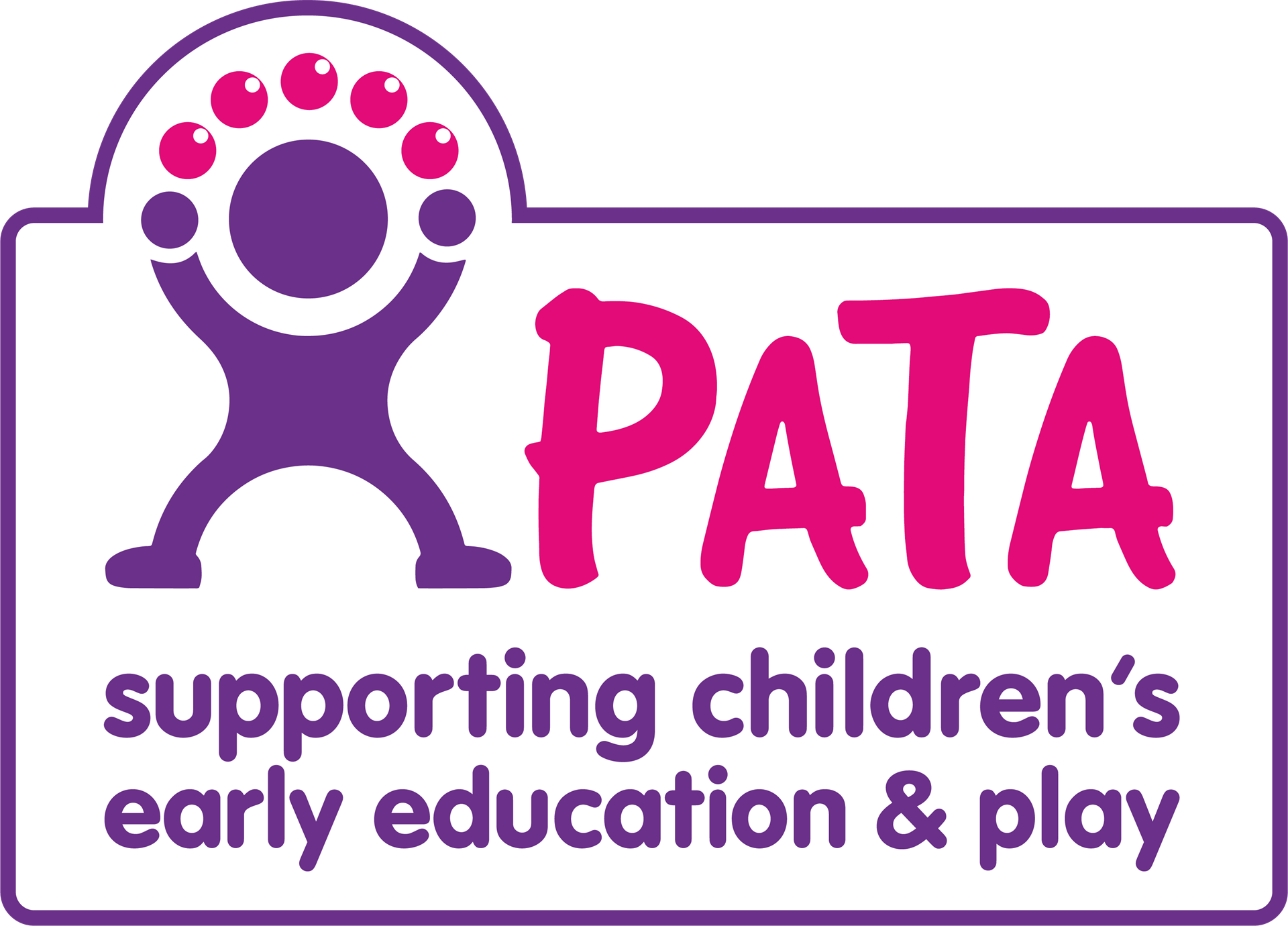You might have already had conversations with children in your care about what is happening in the world at the moment but it can be hard to know how best to respond. We asked Colette Ricuard from Child Behaviour Solutions here in Gloucester to give us some expert advice...
"As a child growing up, I had no appreciation of the fact I only had a choice of 3 TV channels to watch and no idea at all of what a mobile phone was or, for that matter, what social media was. As an adult, I know there were still some very scary things happening in the UK and the world when I was a child, but I was very protected from it.
So in today’s world, what can we do to support the little eyes and ears we work with from the tragedy that is occurring in Ukraine? And how do we answer any questions their parents may have in terms of how to explain it all? After all, in today’s world, with everything we have at our fingertips, there is no getting away from the fact that some terrible things are happening in another part of the world and, given the last couple of years, this may be feeding into pre-existing anxiety, or even creating new anxiety.
Our job is to help the children we work with (and their parents if they need it) cope with what is going on and support the idea that their part of the world is still a safe place to be.
So how do we do this?
It is important to be honest with the children if they have questions. Keep your responses age appropriate and think about the context of what you are saying – young children only need an outline of what is going on. Explain that Putin has been thinking about this and preparing for it for a long time – to dispel the idea that bombs can just be dropped at anytime without any warning. Use appropriate analogies to help the children you work with to make sense of what is happening – maybe, just as an example, somebody they know being mean and unkind to them.
Don’t deny and/or avoid any questions – somebody somewhere else will provide the answers! And they may not use age appropriate language in doing so. And remember, even toddlers are very good at picking up on our body language and when we try to cover things up – so simple and age appropriate honesty is key.
Practically, we can limit how much we talk about the situation in Ukraine in front of children and parents can limit how often the news and/or tv programmes discussing the situation is on. Remember, children often seem disinterested when we are talking and we can mistake this for them not hearing what we are saying – but children do pick up on a lot more than we ever give them credit for!
Finally, look for the positives with the children. There is a lot of kindness and bravery being shown in the face of adversity and it is important our children are aware of this …. For example, the Ukrainian mums offering captured Russian soldiers food and drink and the opportunity to call their own parents; the aid that is being sent to Ukraine by other countries in the world; a large portion of the world coming together to support the Ukrainian people; the countries offering shelter, etc, etc. There is always good to be found, even in the most inhumane of situations.
By finding the good with our children, we can help to restore faith that the world (and in particular our part of the world) is, on the whole, a good and safe place."
We are currently registering interest for our course 'The World Is Still A Safe Place: Supporting Children's Wellbeing' which we first ran at the height of the pandemic. If you would be interested in attending now, obviously with a slightly different focus then please click here.
